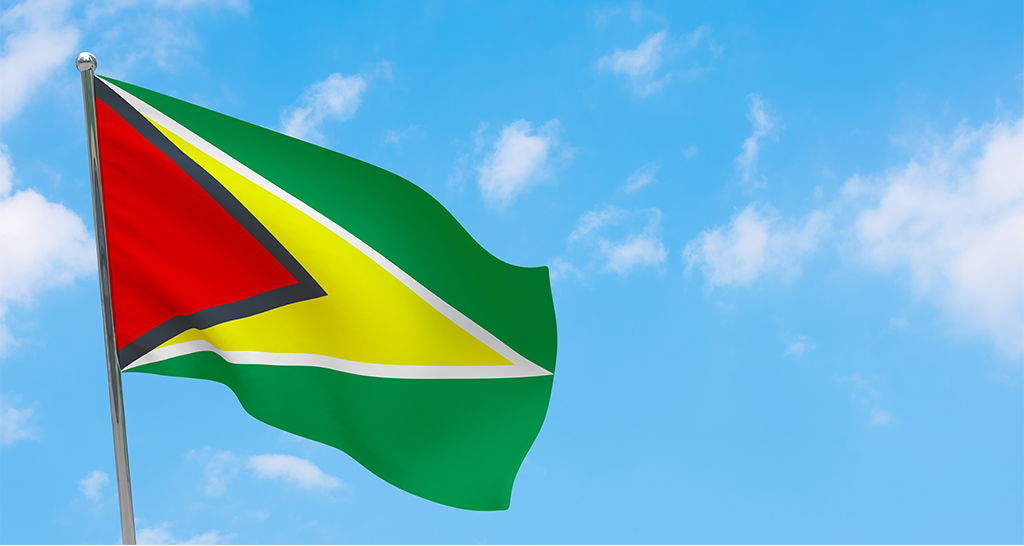
THE HAGUE, March 12 (NNN-AGENCIES) — Guyana, a small nation in South America, has submitted a case at the International Court of Justice (ICJ) in a bid to dismiss Venezuela’s longstanding claim to Essequibo, which has recently been found to have huge deposits of oil.
Guyana’s foreign ministry in a statement said the Caribbean nation “now looks to the court’s judicial process and its settlement of the matter.”
Meanwhile, Venezuela has yet to comment on Guyana’s move to submit a case to ICJ. It maintains that the ICJ has “no jurisdiction” on the matter, and instead wants to engage its neighbor through bilateral talks, which was not welcomed by Guyana.
It is not clear when the ICJ will rule on the case.
The dispute intensified in December 2020 when the Hague-based court favored Guyana’s request to validate its border with neighboring South American country Venezuela.
A year before this, one of the largest publicly traded international energy companies, ExxonMobil, started its operations after obtaining license issued by Guyana. But it is on the deep-water Stabroek, one section that overlaps disputed waters. The tension only worsened since.
In February, ExxonMobil announced that it is starting production at Guyana’s second offshore oil development on the Stabroek Block, “bringing total production capacity to more than 340,000 barrels per day in only seven years since the country’s first discovery.”
In a roundtable discussion, Inter-American Development Bank’s President Mauricio Claver-Carone shared that Guyana “should not be punished for discovering its oil and gas resources later than the rest of the world.”
“We don’t control history we don’t control timing. Guyana and Suriname discovered [oil resources] in the 21st century. It is not our fault Guyana and Suriname discovered these resources in the 21st century versus the 20th century when it was ok and [other] countries benefitted,” Claver-Carone said.
According to the World Bank, Guyana is one of the poorest countries in South America, with “43.4% of the population is living on less than US$ 5.50 per person a day.”
“To manage the expected resource windfall, Guyana needs to improve the quality and capacity of public and private institutions; make revenue collection and management more efficient and transparent; and adopt sound macroeconomic and fiscal management policies,” the institution said. — NNN-AGENCIES
